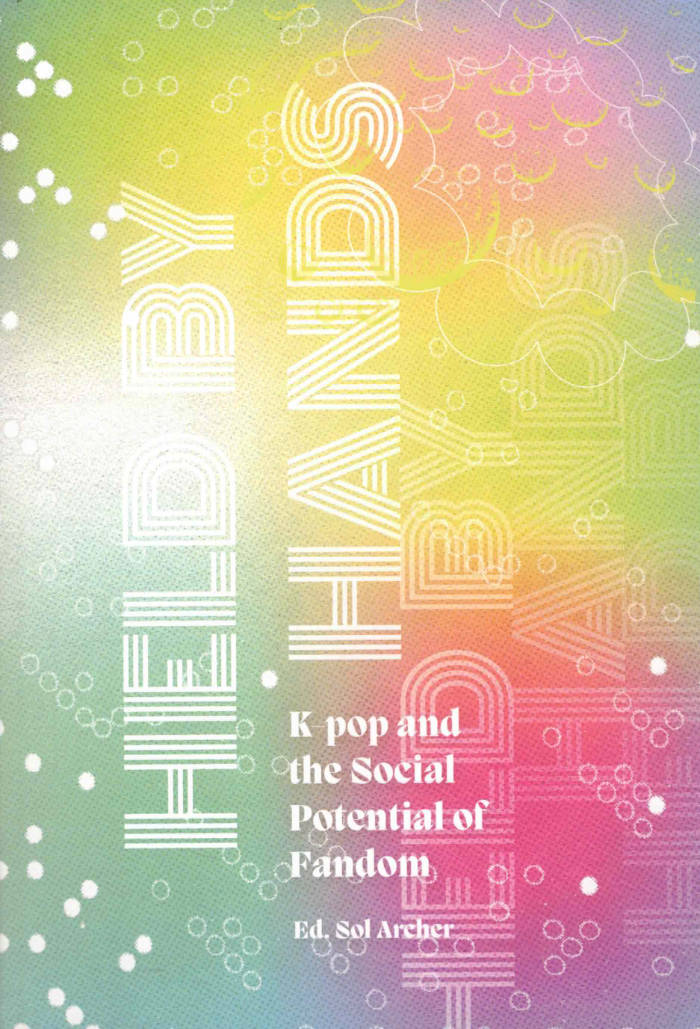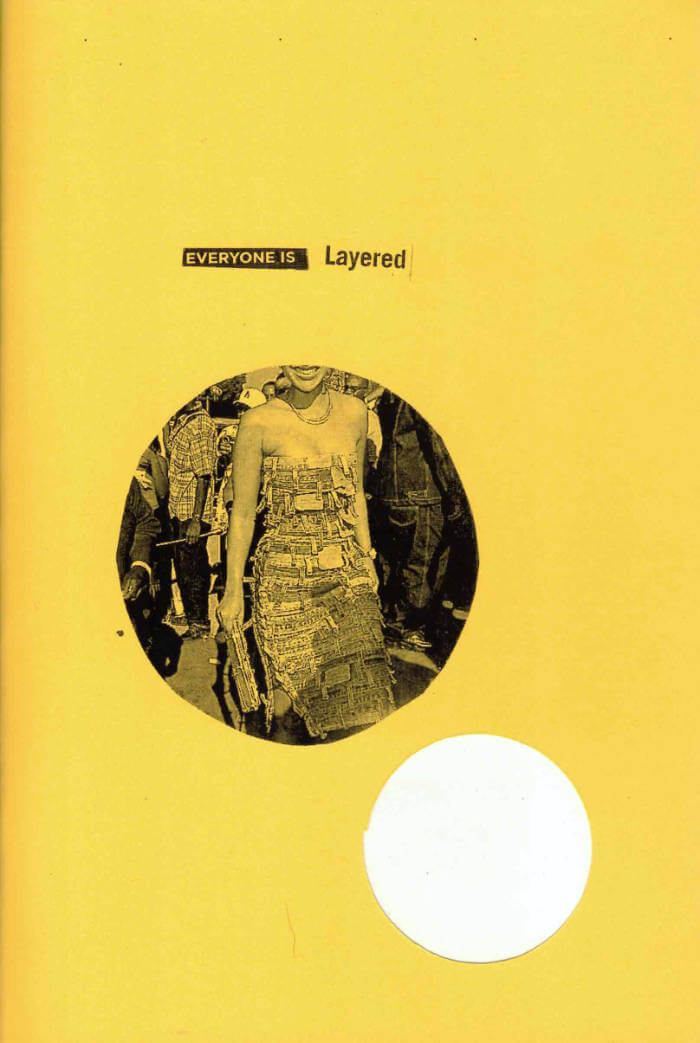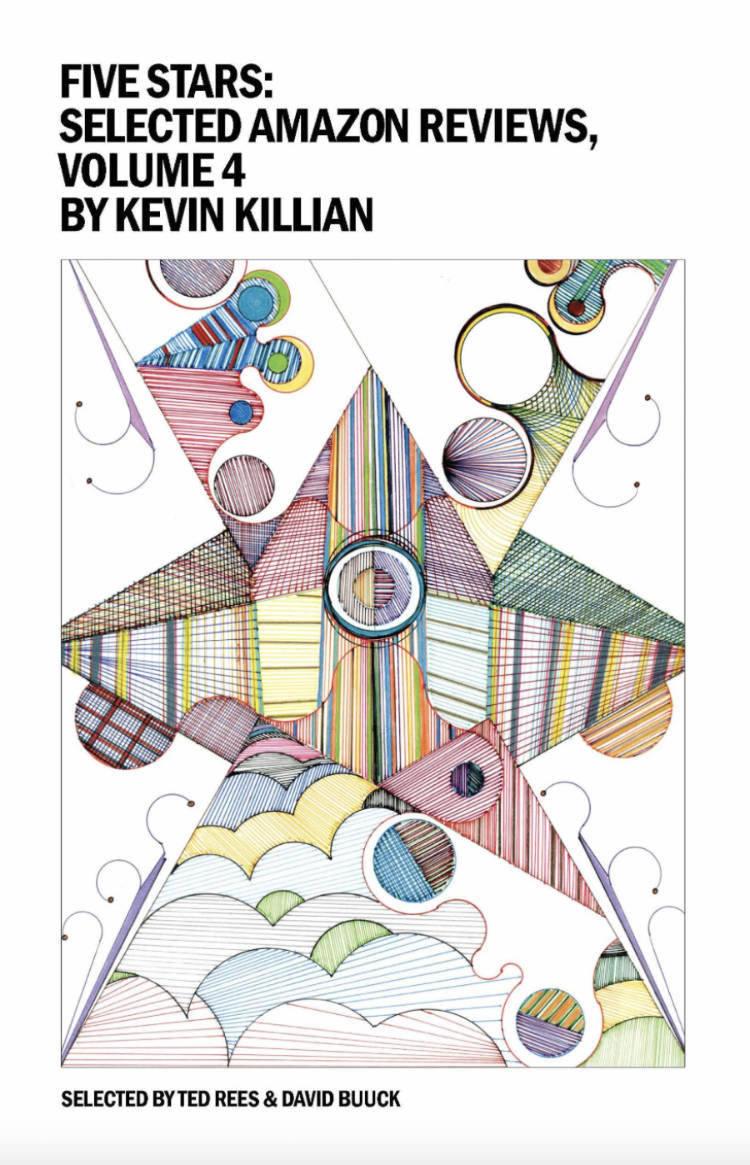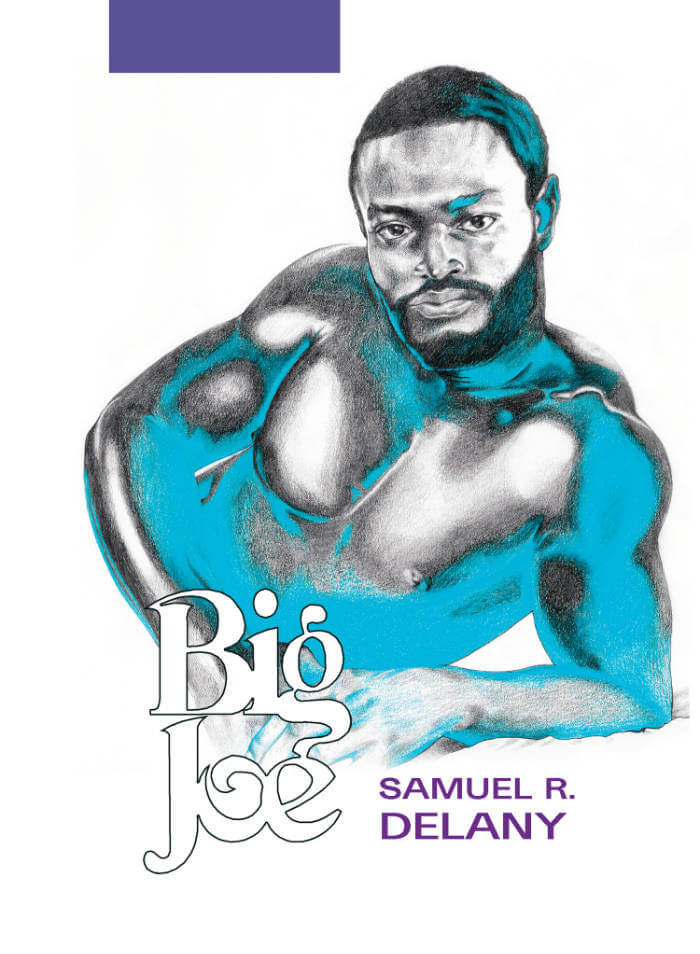
The Buddhist
While ending an affair with a Buddhist teacher, Dodie Bellamy wrote about it simultaneously on her blog. This experiment in writing in extremis explores nuances of public shame, the vagaries of desire and rage, and Bellamy's confusion over the authenticity of group and individual spirituality. What is personal, what is public? In the electronic age, can anybody tell the difference?
The Buddhist celebrates marginalized subjectivity as enacted in the work of female artists from Bessie Smith to Eva Hesse and Carolee Schneeman, to Bhanu Kapil and Ariana Reines. The Allone Co. Edition contains the essence of the blog, as well as more extended narratives too explicit to post on line.
Design by Wayne Smith
Language: English







